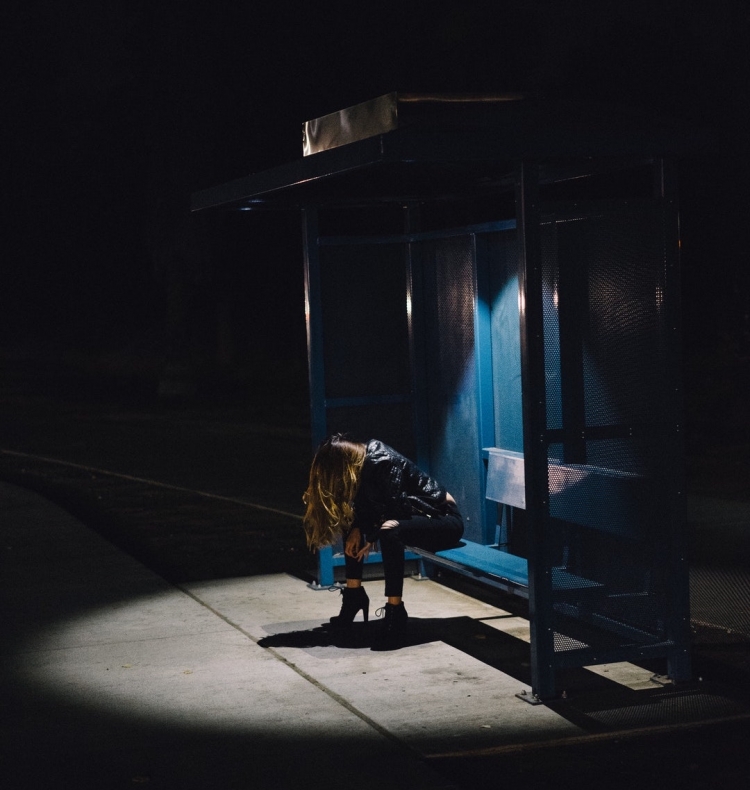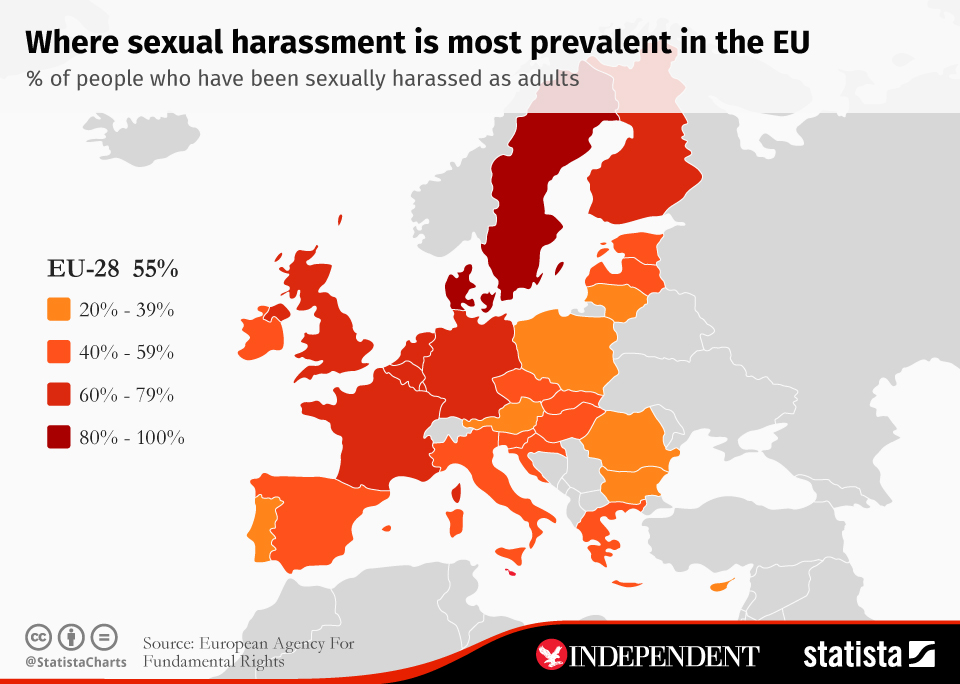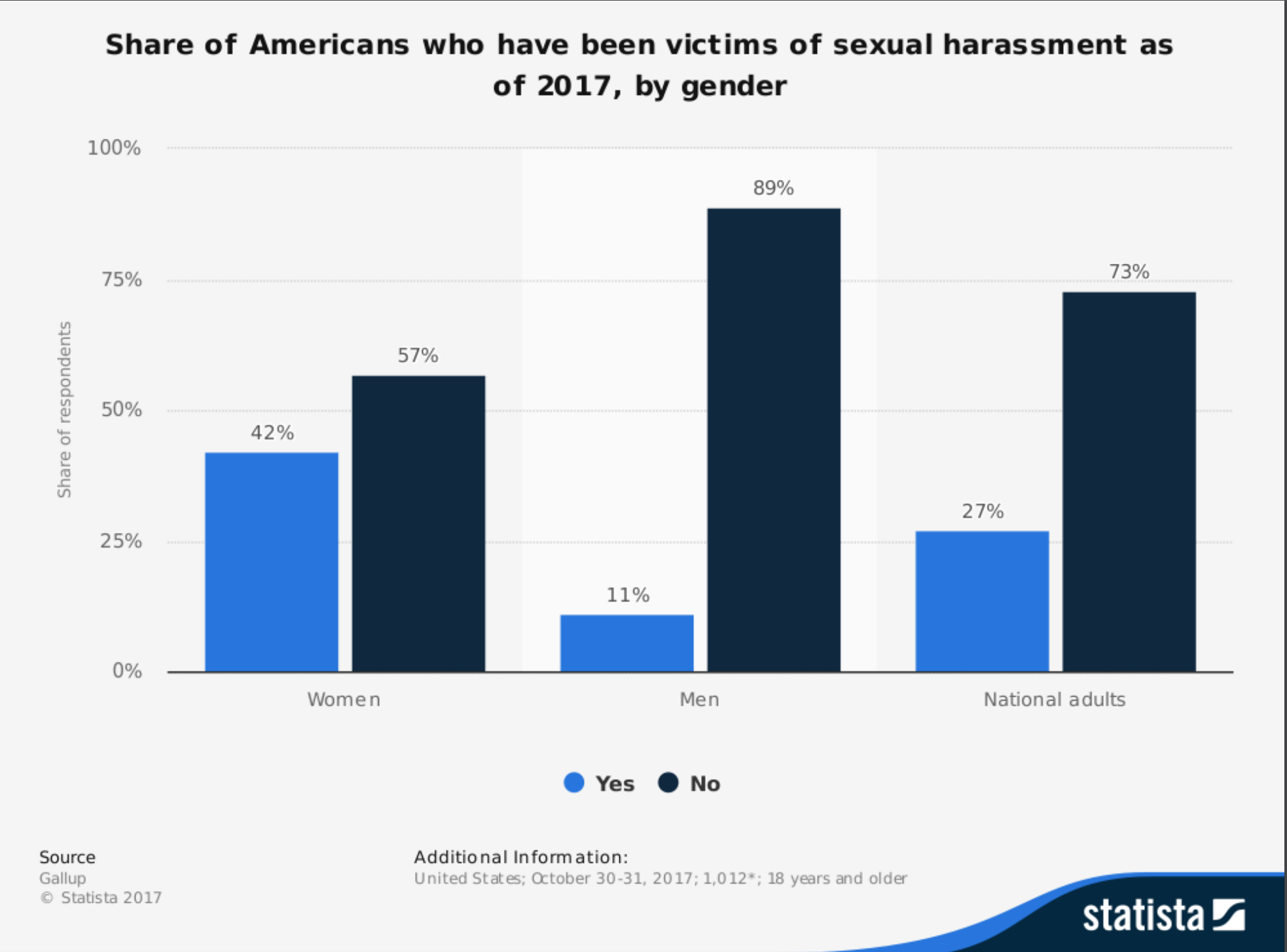Drawing the line: sexual assault on campus

*Trigger warning: This article contains graphic depictions of sensitive material. Certain names have been changed to protect the privacy of individuals.
Waking up naked on a hotel room bed, with only vague and troubled memories of the prior night is not just a nightmare for some college students. For AUP student Dominique Combes, it became a reality.
Just last year, Combes decided to go out clubbing with some friends on a Saturday night. Between drinking and dancing, the girls befriended a group of American men. The men bought rounds for the girls and soon everyone had found a partner and was making out.
"They were moving really fast. He kept buying me shots of Patron and then we made out a little, which was fine," Combes said.
Many drinks later, with the club winding down, Combes was drunk, tired and ready to go home. She got in the cab with the man thinking she could get a ride home. To her surprise, they arrived at a hotel where his friends had a shared suite. She did not know where she was and, confused and fatigued, she planned to sleep as soon as she could.
When they got to his room the man asked if she wanted to take a bath. She said yes and the next thing she knew, was in the tub with an almost complete stranger. After the bath, she went to lie on the bed and fall asleep.
"I remember him trying to wake me up, he was trying to talk to me, to make out with me. At one point he was holding my mouth open and was pouring wine down it to try to get me to wake up."
Before she had time to object, Combes found herself the victim of a prolonged sexual attack.
"At that point, I was coming in and out of consciousness. It was a painful experience," Combes said.
When she awoke the following morning, Combes had little recollection of the evening's events. She called an Uber and went home.
For three weeks Combes was in denial of what had happened. It wasn't until she was texting a friend back home, explaining what she remembered from that night, that she understood that she was raped. She immediately felt an overwhelming feeling of disgust and ran to the bathroom in her apartment and started throwing up. She cried all night, slept for a couple hours, woke up and went to class to take a midterm.
To this day, Dominique deals with Post Traumatic Stress Disorder (PTSD) and has days where she emotionally shuts down. She's not alone. 81 percent of abused women experience psychological impacts like short-term or long-term PTSD.
This is just one account. In reality, one in five women and one in 71 men will be subject to rape during their lifetime, making Combes one of many survivors who must find the strength to carry on every day. Over 90 percent of sexual assaults on college campuses in the United States do not get reported, and 23.1 percent of females and 5.4 percent of males are subject to rape or sexual assault through physical force, violence, or incapacitation.
As the New York Times launches its "Navigating sex in the 'grey zone'" campaign, asking for college students to send in there stories and ideas related to college sexual assault, the topic is gaining media visibility. AUP for Consent group is trying to spread their message on campus and get students of all genders into the conversations about rape-culture and consent by running an on-going poster campaign since orientation week.
Along with the #metoo and #timesup movements, awareness for sexual assault and rape is on the rise. Eight out of ten rapes happen by someone the victim knows. Nearly one in ten women have been raped by an intimate partner in their lifetime.
Image Credits: StatistaAlthough sexual assault and rape has been a problem for many years, there has not always been a club surrounding these issues. The awareness of such issues, as well as AUP for Consent, have both come a long way from what they once were.
Starting as the Sexual Aggression Prevention Task Force, the club soon began to lose traction on campus during the 2016-17 school year. During the fall 2017 semester, the club began to make major changes. With a new staff advisor and newly appointed President, the team changed their name to AUP for Consent and focused their efforts not only on support for survivors but also on becoming an educational resource for all. However, some things have not changed, like establishing a platform for the club and its incoming members.
"Something that has been constant since we started was the screening of the film, 'Hunting ground', which talks about the problems of sexual assault and rape on college campuses in America. That's a really special screening we do every fall and it is very emotional for a lot of people," said Elizabeth McGhee, Vice president of the club.
This semester, the club is focused on bringing everyone into the conversation, in an attempt to combat rape culture on campus. One project is a semester-long poster campaign, which started during orientation week. I'm sure you have all seen these posters around campus, with sayings like, "Consent to one action is not consent to all actions," and "Coercion is not consent. Neither is silence."
"I think its been really effective with the message it sends. It's very positive and distinct," McGhee said.
These posters aim to get students thinking about what consent is and what it means. It further aims to de-bunk the normalization of rape culture as well.
"The posters get people talking. We also have our contact details on them which I think is amazing," said Ashley Perry, President of AUP for Consent. "Not only do we want to be an educational and open dialogue group, but we also want to be a support group for victims and survivors and by having this informal way that students can contact us, without any pressure to present themselves is really awesome."
Support is one of the biggest components of AUP for Consent. With both members and non-members reaching out to the club, whether anonymous or not, it has a huge impact on the healing process for victims and survivors.
"I was in high school and was dating a guy for about three years and there was one incident where I was like, 'no I really don't want to [have sex],' and then it got physical and I kind of just had to give up in a sense. I never thought about reporting it and it didn't occur to me that it was abuse until about a year or two later when I really had time to reflect on what had happened. It was so emotionally traumatizing," an anonymous source said. "What was more traumatizing, for me at least, was when I started to tell people and they didn't believe me. When I got to college, I started meeting other classmates who were so blatantly open about what had happened to them when it came to rape and sexual assault, and just being around them, seeing how they dealt with things, as well as being a support for them helped me, in a sense, cope with what happened to me."
Although there are now many people coming forward about sexual assault, it has not always been that way. One of the biggest problems with rape culture is the normalization of it, which makes it hard for victims and survivors to realize what actually happened. Add victim shaming, and there are very little safe and socially acceptable ways given to those trying to voice their experience. One way to end the normalization of rape culture is healthy, educational conversation in all circles of society.
For victims and survivors, self-healing is an important part of taking back the power that was forcefully taken from them.
"The biggest part of my healing has been my advocacy and school work. For me it was like, 'what happened, happened' and I can't undo that and I can either cry about it and drop out of the university and fall off the face of the earth, or I can pick my shit up, get it together and do something productive with it, so for me being part of a group such as AUP for Consent is my way of taking back what happened to me," said Combes.
AUP for consent is here to bring facts like these to light in the hopes that men, women and everyone in between, will begin to understand their role in breaking down rape culture.
Image Credit: Statista"When you start getting into the nitty-gritty of breaking down the dynamics that allow rape culture to exist, that's where people may be up in arms. Right now it may feel like just a female issue but if we want a better tomorrow it needs to be all-inclusive," Perry said. "A lot of AUP for Consent is about people who are engaged with the issue but we also want it to be about people who aren't, who want to learn and give their point of view, and see if we can all learn from each other. We want people who get involved to have an open mind and a respectful heart."
Kevin Fore, Dean of Undergraduate Development and Staff Advisor for AUP for Consent has been the faculty support this club has needed in order to gain traction and make an impact on the AUP community.
"This is one of the most important student initiatives on campus. It helps to educate students about the unacceptable frequency and risk of sexual assault and harassment. It also serves as a peer-to-peer resource for students who may not feel comfortable speaking to staff or faculty," Fore said.
If you are a victim or survivor, you are not alone. This is one of the most important things AUP for Consent wants you to know. If you are seeking help, answers to questions, or interested in how to join the conversation, please contact the team at consent@aup.edu.The university offers 15 mental health sessions free of charge and the club is here to help and support you in seeking this aid.
"We want to be here to tell people, we believe you. No matter what your case is, if you show your face to us and you want to talk, the first thing on the table is, 'we are here to listen, and we believe you.'" McGhee said. "We're here to clear up confusion as well. There's a lot of confusion that sits with everyone and there are no qualifications of who can be involved."
This semester, AUP for Consent will be hosting the first ever Take Back the Night event on campus. Take Back the Night is a world for victims and survivors to empower themselves and let people know that this is not something that defines them. It is an advocacy event that let perpetrators know that is all they will ever get and will not give them any more power over victims and survivors. Everyone is encouraged to attend to show support to this worldwide issue. The date has not officially been set but will take place sometime in April or May. Contact the club directly to stay informed.
The club is also hosting a #MeToo open mic event at 6:30 p.m. Thursday, March 22 in C-103.
If you are seeking help, answers to questions, or are simply interested in joining the conversation, please contact the team at consent@aup.edu.









